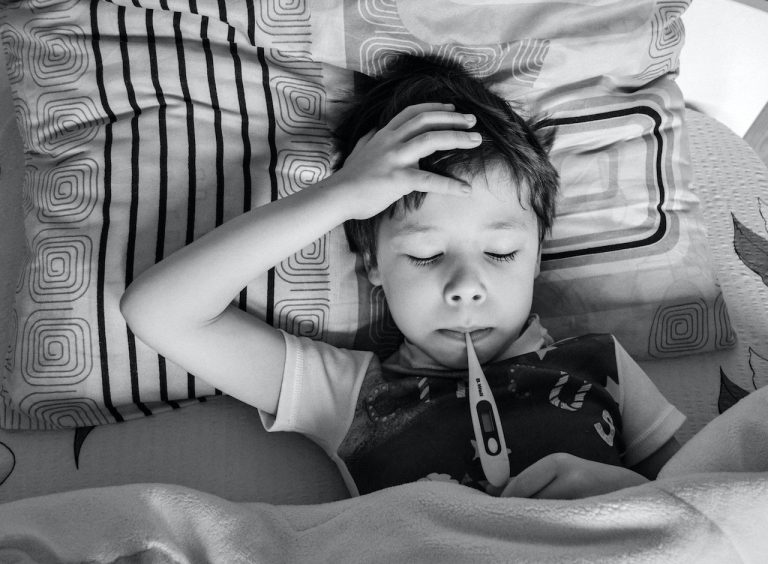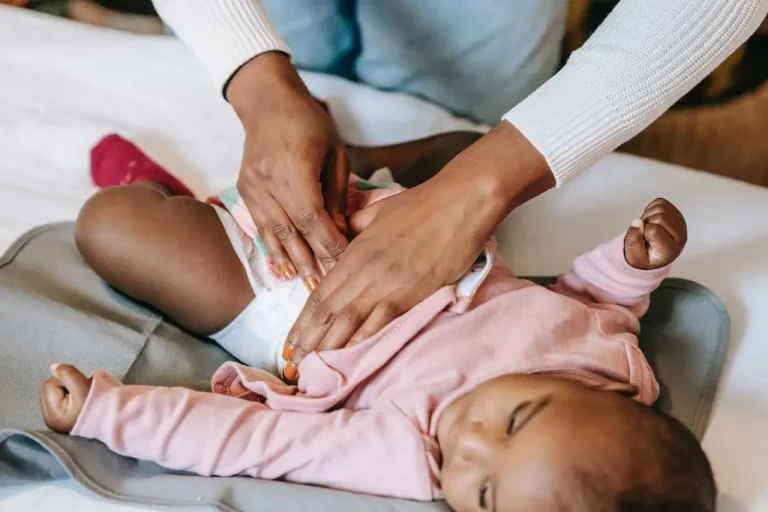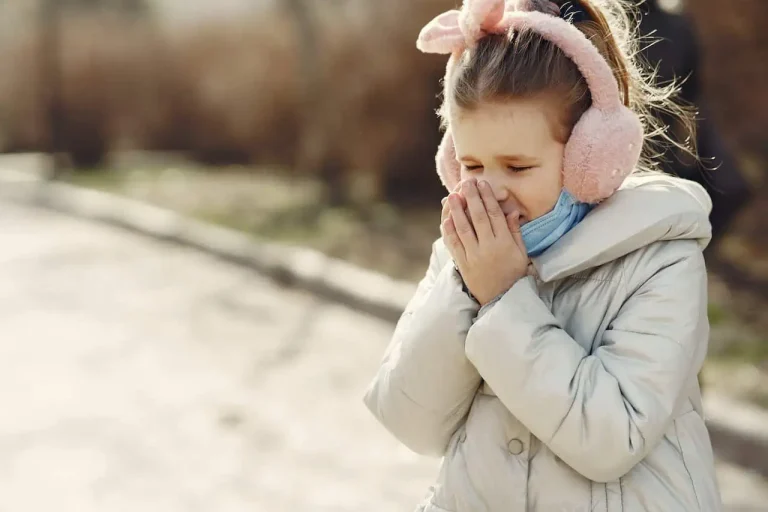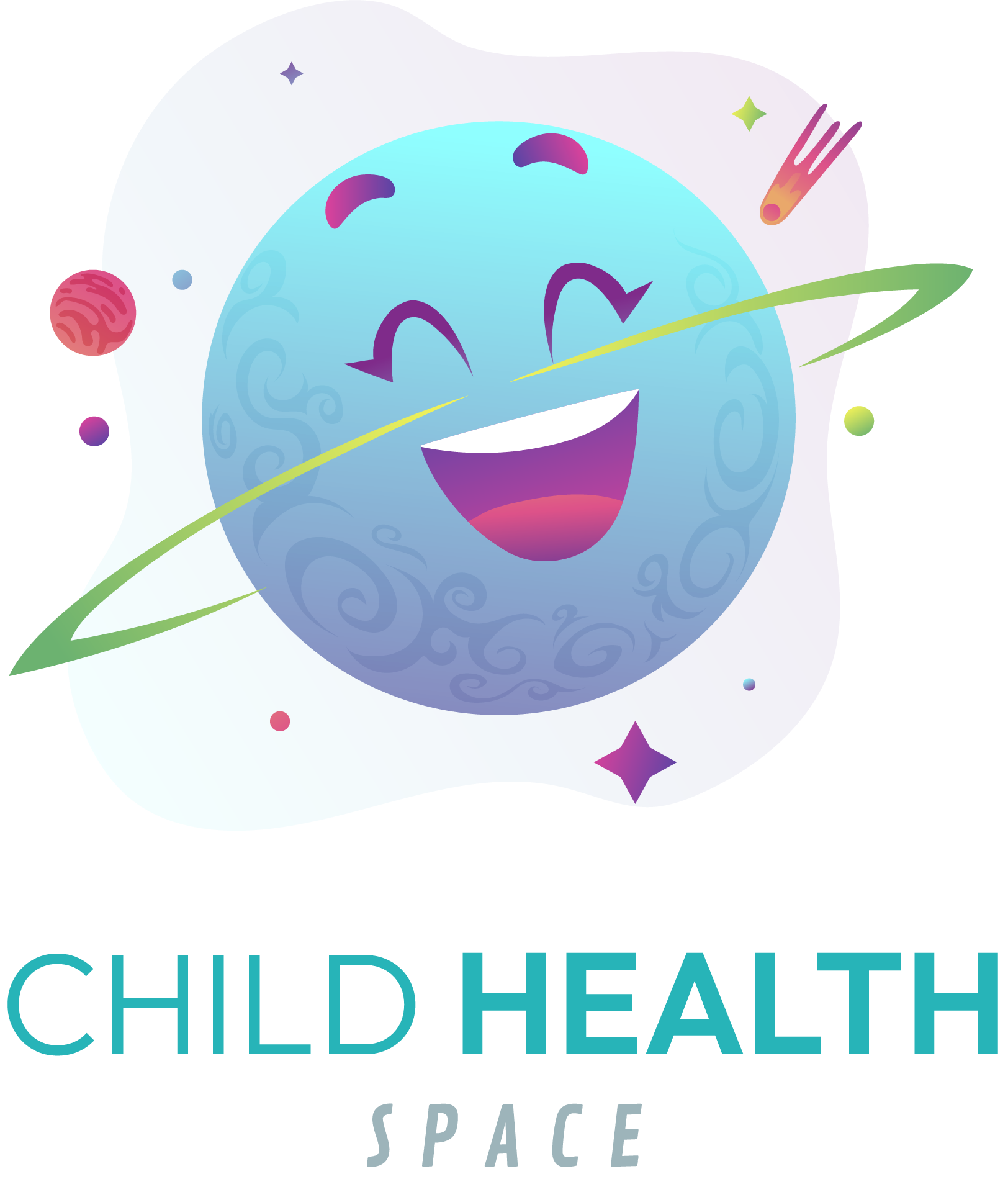Measles is highly contagious viral disease that spreads quickly. Children who are not vaccinated against measles can easily get the disease. If your child is suffering from measles, you must follow some measles isolation precautions to prevent the spread of the disease. In this blog, we will explain the measles isolation precautions. What is the importance of measles isolation precautions? How to implement measles Isolation precautions at home and in public settings.
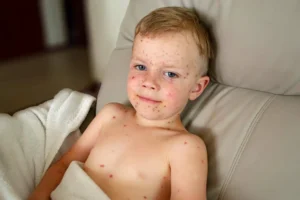
Table of Contents
- What is Measles?
- Facts and Data about Measles in Children
- Symptoms of Measles in children
- Complications of Measles in Children
- Who is More Prone to Affected from Measles?
- Measles Transmission and Contagious Period
- What are Measles Isolation Precautions?
- Why Measles Isolation Precautions are Important?
- When to Isolate Your Child?
- How to Isolate Your Child at Home?
- Tips to Help Your Child During Isolation
- What to Do When Your Child Has Measles
- Preventing Measles in Children
- Vaccination for Measles
- Can My Child Still Get Measles if They Are Vaccinated?
- Measles Isolation Precautions at School
- Measles Isolation Precautions in Travel
- Common Myths about Measles
- Measles and Other Similar Illnesses
- Conclusion
- FAQs
What is Measles?
Measles is a viral disease that spreads through the coughing or sneezing of the infected individual. Measles can also spread by touching contaminated surfaces. This disease can cause serious complications, particularly in children who are not vaccinated.
Facts and Data about Measles in Children
Vaccines against measles can protect children from this disease. WHO recommends two doses of measles vaccine for optimal protection. Between 2000 and 2018, worldwide measles vaccination resulted in a 73% drop in measles deaths.
There were more than 140 000 deaths due to measles in 2018 around the world. Most of the cases were reported among children under the age of five.
Symptoms of Measles in Children
Symptoms of measles in children are:
- High fever
- Rash that appears on the face and spreads to other parts of the body
- Red, watery eyes
- Small white spots inside the cheeks
- Runny nose
- Cough
Complications of Measles in Children
Measles can cause severe and even fatal complications, such as
Blindness
Encephalitis
Severe diarrhea
Dehydration
Ear infections
Pneumonia
Who is More Prone to Affected from Measles?
Measles is more common and severe in
- Children below 5 years
- Adults over the age of 30
- Poorly nourished young children
- Children with vitamin A deficiency
- Immuno-compromised children
Measles Transmission and Contagious Period
Children with measles get a high fever, which begins about 10-12 days after exposure to the virus. Fever typically lasts for 4-7 days. In the initial stage runny nose, red and watery eyes, cough, and small white spots inside the cheeks can appear. After a few days, a rash erupts on the face and upper neck. The rash lasts for 5-6 days and then fades.
What are Measles Isolation Precautions?
Measles isolation precautions are steps to reduce the risk of transmitting the measles virus from one person to another. They include:
– Keep your child in a separate place with proper ventilation. Keep him or her away from other household members.
– Do not share personal items like towels, cups, toys, or utensils of your infected child.
– Try to wear gloves and masks while caring for your child or handling their belongings.
– Use sanitizer that is alcohol based for proper sanitization. Wash your hands with soap and water.
– Properly disinfect the objects or surfaces that may have been contaminated by the infected person’s saliva or respiratory droplets.
– Limiting visitors in your home. Try to contact with people outside until your child is no longer contagious.
Why Measles Isolation Precautions are Important?
Measles isolation precautions are important because:
Most Infectious Disease: Measles is one of the most infectious diseases in the world. It can spread easily through
- Coughing
- Sneezing
- Breathing near someone who has measles.
Serious Complications in Children such as
- Pneumonia
- Ear infections
- Diarrhea
- Dehydration
- Brain inflammation
- Seizures
- Death
When to Isolate Your Child
You should isolate your children immediately in case of symptoms of measles. Isolation should continue until 4 days after the rash appears. Consult a healthcare provider to confirm measles in your child.
How to Implement Measles Isolation Precautions at Home
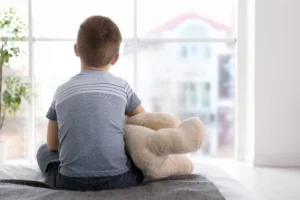 If your child has measles, you must follow measles isolation precautions at home:
If your child has measles, you must follow measles isolation precautions at home:
– Keep your child at home in a separate room. Also, avoid school and daycare centres or other places where they may spread the infection to others.
– Discuss his condition with your child’s doctor and follow their instructions.
– Monitor your child’s symptoms and seek medical attention in case of complications, such as
- Difficulty breathing
- Chest pain
- Rash that does not fade when pressed
- Stiff neck
- Confusion
- Severe headache
– Make sure that all family members are vaccinated against measles. In case of missed vaccination, get the dose immediately. Give immune globulin within 72 hours to prevent the severity of infection.
-If anyone was in close contact with your child, Inform them about the risk of infection. Advise them to seek medical attention if a fever or rash appears.
Tips to Help Your Child During Isolation
It is difficult to keep your child isolated. Here are some important tips that will help your child during Isolation:
- Provide activities such as puzzles, books, and games to keep your child occupied.
- Provide comfort items, such as a favorite blanket
- To spend their time, stay in contact with friends and family through video calls or phone.
- Make sure your child gets to rest and drink plenty of fluids.
Keep a record of your child’s temperature and symptoms.
What to Do When Your Child Has Measles?
If your child has measles, you should
- Monitor their symptoms closely
- Offer him plenty of fluids
- Use over-the-counter medications like paracetamol or acetaminophen to treat fever and pain.
- Always consult with a healthcare provider before giving any medication to your child.
How to Prevent Measles in Children?
- Vaccination: Measles vaccine is safe and effective and recommended for all children
- Avoid contact with infected individual: You can also prevent measles by avoiding contact with infected people.
- Washing your hands frequently.
Vaccination for Measles
Two doses of MMR vaccine are recommended for all children. The first dose is at 12-15 months, and the second is at 4-6 years of age. The vaccine helps to prevent serious complications from measles in children.
Can My Child Still Get Measles if They Are Vaccinated?
A vaccinated child can still get measles. But symptoms are milder in a vaccinated child than in an unvaccinated child.
Measles Isolation Precautions in School
Measles Isolation precautions in school are measures to prevent the spread of measles among students and staff.
Measles Isolation precautions for children in school include:
- Complete your child’s two MMR vaccination doses against measles before attending school.
- If your child shows symptoms such as
- Fever
- Rash
- Cough
- Runny nose
- Red eyes
Keep your child at home. Inform your healthcare provider and school about your child’s condition.
- Follow the local health department instructions and school regarding the Isolation and quarantine of your child. Measles may be transmitted 4 days before the appearance of a rash and 4 days after the appearance of a rash.
- Practicing healthy habits at school, such as hand washing and covering sneezes and coughs.
5. Avoid sharing personal items with others.
Measles Isolation Precautions and Travel
Measles is common in Europe, Asia and Africa. Before travelling to these areas, make sure you’re your child is vaccinated against measles.
Measles Isolation precautions for children during travelling are similar to those at home. There are some additional considerations that should not be ignored. According to the CDC:
– Complete the two doses of the measles vaccine before travelling abroad. Infants with age 6-11 months old need only one dose of MMR vaccine. Children 12 months and older will need two doses.
– Avoid travelling to measles outbreak areas.
– If your child develops symptoms of measles while travelling or after returning home, seek medical attention immediately. Do not forget to inform your healthcare provider about your travel history.
– Follow the same isolation precautions as at home.
Common Myths about Measles
There is a myth that measles is a harmless childhood illness and that there is no need to care about it. If the child is not vaccinated against measles, it can cause serious complications.
Measles and Other Similar Illnesses
Measles can be confused with other illnesses like roseola and rubella (German measles). If you need clarification on whether your child has measles, consult a healthcare provider.
Conclusion
Measles can result in serious complications in children who are not vaccinated. Follow the measles Isolation precautions to prevent the spread of the virus. Measles can be prevented in children through vaccination. Consult with the healthcare provider if your child develops symptoms of measles. Follow the suggested guidelines to prevent the spread of the virus. Adopting these measles isolation precautions can keep your child healthy and safe from measles.
FAQs
Q. Measles Isolation precautions are necessary for vaccinated children?
A. Although vaccination lowers the risk of getting measles in children, measles isolation precautions are still important to prevent the spread of the virus.
Q. How long does Isolation last for measles?
A. After the appearance of a rash, Isolation should last for four days.
Q. Can a child with measles attend school?
A. No, children with measles should not attend school until 4 days after the rash appears.
Q. Can a child with measles travel?
A. Children with measles should avoid travel until four days after the rash appears.
Q. What are the common complications of measles?
A. Complications of measles can include encephalitis, pneumonia, and death.



